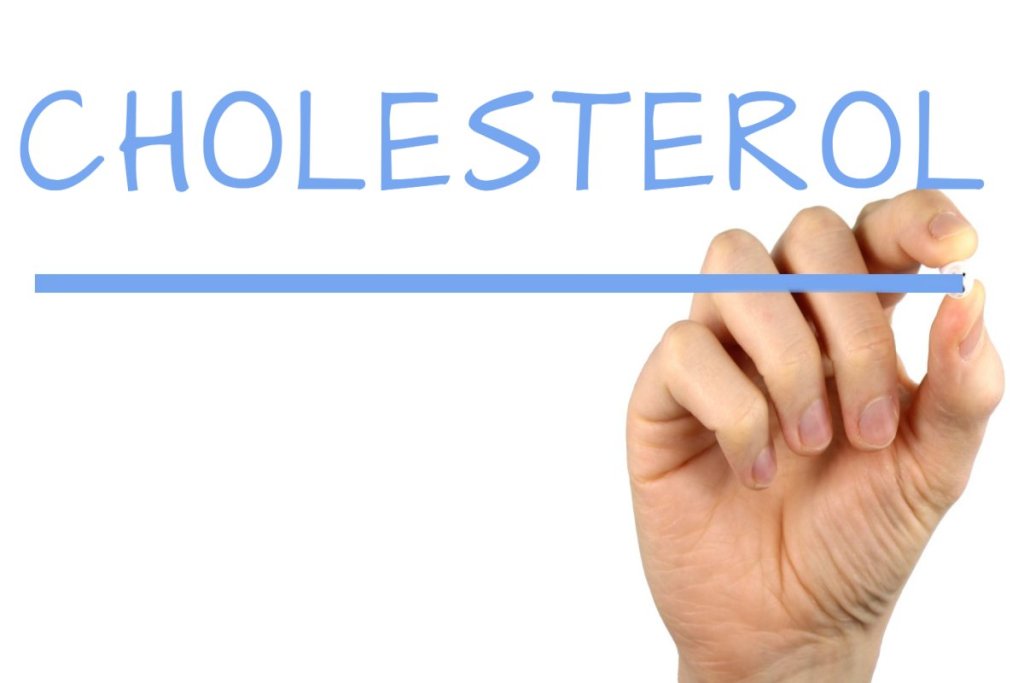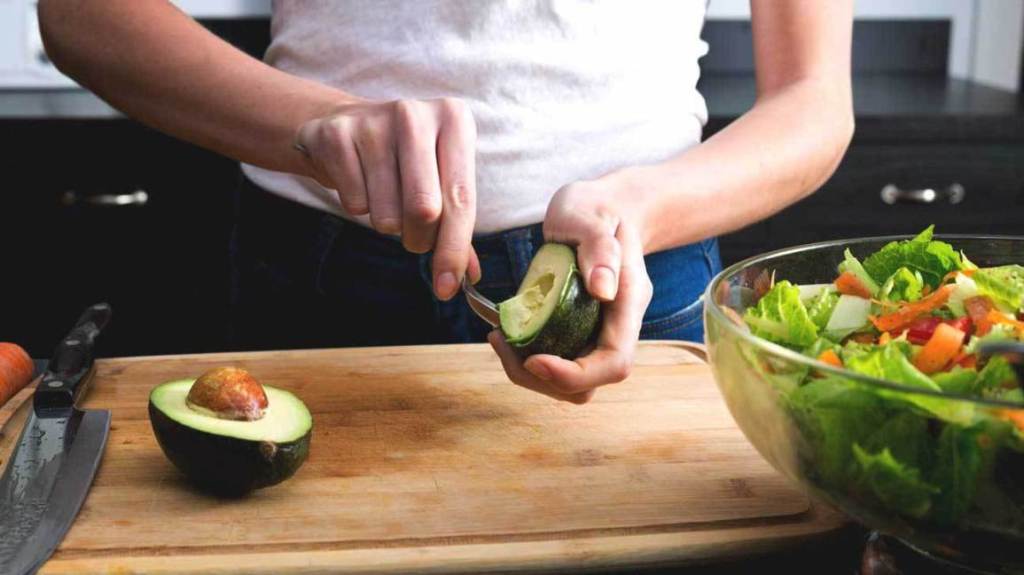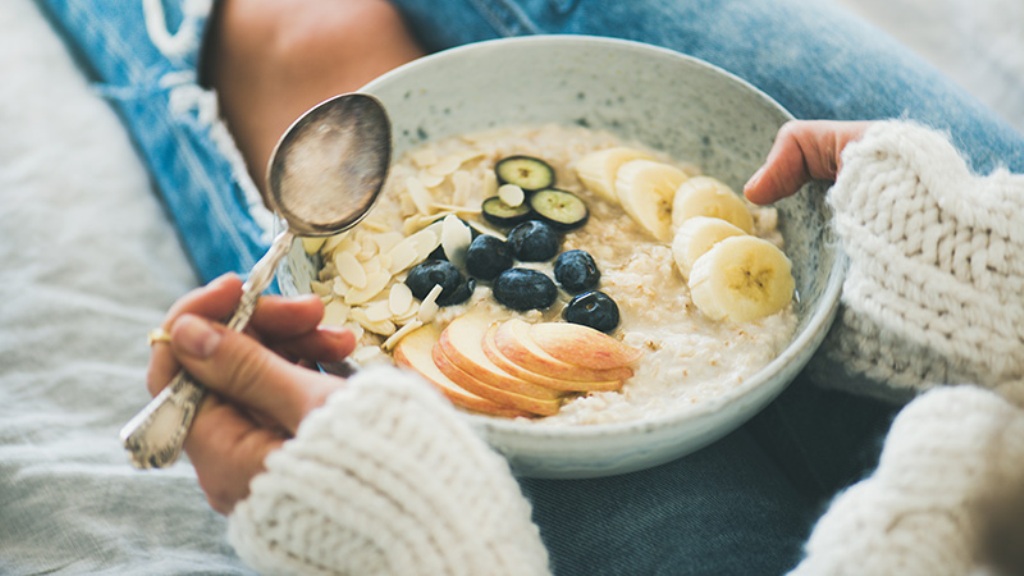Cholesterol is an essential substance produced by your liver, which is used in the production of cell membranes, hormones, and vitamins. However, it can have a negative influence when it accumulates in your blood in large amounts, possibly leading to heart disease. Typically around 75% of the cholesterol in your blood is made by your liver, with the remaining 25% coming from your diet.
Two Types of Cholesterol

The two types of cholesterol are low-density lipoprotein and high-density lipoprotein. LDL is known as bad cholesterol and can cause inflammation of the arteries. HDL is known as good cholesterol and helps to suppress the oxidation of LDL, thereby reducing the risk of inflammation.
Risks of High Cholesterol
High cholesterol is diagnosed when the level of bad cholesterol in the body exceeds 240mg/dl. It increases the risk of developing atherosclerosis, which is a leading cause of stroke and heart attacks.
High levels of LDL in the blood causes inflammation on the walls of arteries, making them harden. Most healthcare practitioners combat it with medication, but natural methods are equally effective and more sustainable than drugs. This article suggests five ways of combating bad cholesterol naturally.
Eat the Right Foods
People can lower their cholesterol levels by eating healthy foods. Consuming foods that are rich in saturated fats will cause elevated cholesterol levels. Reducing the amount of saturated fat one consumes will lead to lower cholesterol levels in the blood. Some of the foods in this category include meat and meat products, dairy products such as butter and cheese, carbohydrates such as biscuits and cakes, and foods containing vegetable oils such as palm and coconut oil. One should avoid hydrogenated vegetable oils because they contain bad cholesterol and also suppress the absorption and synthesis of good cholesterol, increasing the risk of elevated cholesterol levels in the blood.

Conversely, several foods, including vegetables and unrefined cereal products, lower the amount of bad cholesterol in the blood. Nuts contain large amounts of unsaturated fats that counteract bad cholesterol, and whole grains contain compounds called phytosterols that prevent the body from absorbing it. Foods containing omega-3 fats such as seafood and flaxseed contain HDL that negates LDL in the blood. One should also eat foods that are rich in unsaturated fats, such as fish and other seafood, and foods with a high fiber content, such as brown rice and bread, seeds, and nuts. Sugarcane juice contains policosanol, which has been found to lower bad cholesterol levels in scientific studies. Similarly, several herbs such as ginger, rosemary, and turmeric are also known to help.
Regular Exercise
Leading a sedentary lifestyle leads to weight gain and elevated bad cholesterol levels. One can help to avoid this by exercising regularly, try allocating a minimum of 2.5 hours to exercise every week. Some activities that count as exercise include fast walking that raises the heartbeat, cycling, swimming, and jogging.
Consuming Raw Garlic
Garlic is a bulb of the onion family that contains very potent compounds in its raw form. It contains several vitamins, minerals and trace elements but only a minimal number of calories. These qualities make it a suitable herb for people seeking to control their cholesterol levels, as it helps to lower the levels of LDL in the blood. Studies indicate that it reduces the amount of bad cholesterol in the blood but has a negligible effect on good cholesterol. Moreover, garlic is a form of a performance-enhancing substance that you can take before exercises. Ancient Greeks used it to improve lung capacity and combat fatigue among Olympic athletes.
Quit Smoking

Smoking damages the walls of blood vessels, making them more likely to accumulate fats and harden. Quitting smoking reduces the inflammation and reverses the accumulation of plaque in the arteries. Smoking cessation can be a daunting task, but one can seek professional support. Indeed, the NHS has a publicly available smoking cessation program.
Drinking Alcohol in Moderation
Excessive alcohol consumption leads to the accumulation of bad cholesterol in the blood, while binge drinking forces the liver to convert the calories to fat. One should aim to limit alcohol consumption to 14 units a week. It is also advisable for people with elevated cholesterol to avoid alcohol several days a week. Again, there are several programs in the UK that provide alcohol support.

